What is Dungeons and Dragons
Welcome to the wonderful world of Dungeons and Dragons! Whether you’re a seasoned adventurer or completely new to the realm of tabletop role-playing games, this blog post will take you on an exciting journey into the growing popularity of Dungeons and Dragons.
Picture this: a dimly lit room, filled with laughter and excitement. A group of friends gather around a table adorned with maps, character sheets, and bags full of dice. The Dungeon Master weaves intricate tales while players immerse themselves in the roles they’ve created. This is Dungeons and Dragons – where imagination knows no bounds.
But what exactly is Dungeons and Dragons? At its core, it’s a collaborative storytelling experience that combines elements of fantasy, strategy, problem-solving, and good old-fashioned fun. Imagine being able to step into the shoes of mighty warriors, cunning rogues, wise wizards, or any other fantastical character you can dream up.
The history of Dungeons and Dragons dates back to 1974 when two friends named Gary Gygax and Dave Arneson unleashed their imaginations onto the gaming world. Since then, it has evolved into one of the most iconic tabletop RPGs ever created.
With decades behind it but still going strong today, Dungeons and Dragons has experienced a resurgence in recent years thanks to its integration into popular culture. From TV shows like “Stranger Things” to podcasts featuring celebrity players like Vin Diesel – D&D has captured the hearts (and dice) of people all around the world.
One thing that sets Dungeons and Dragons apart from other forms of entertainment is its incredible sense of community. Players come together in person or online to embark on epic adventures together. It’s not just about rolling dice; it’s about forging lifelong friendships as you explore dungeons filled with treasure or battle legendary dragons.
Playing Dungeons & Dragons offers numerous benefits beyond pure entertainment value. It enhances creativity by allowing players to think outside the box while solving problems within imaginative worlds. It helps develop social skills, teamwork, and communication as players collaborate to achieve common goals. And let’s not forget the sheer joy of escaping reality for a few hours and immersing yourself in a world where anything is possible.
If you’re itching to join in on the fun, finding Dungeons and Dragons groups is easier than ever before. Local game stores often host gaming nights or can connect you with existing groups, and online platforms provide opportunities to play with people from all over the globe.
So, if you were ever wondering if anyone still plays Dungeons and Dragons – wonder no more! With its rich history, undeniable influence on pop culture, passionate player community, and numerous benefits for participants of all ages; Dungeons and Dragons continues to thrive as one of the most beloved tabletop RPGs around.
The History and Evolution of Dungeons and Dragons
Dungeons and Dragons has a rich and fascinating history that spans several decades, captivating the hearts of millions of players worldwide. From its humble beginnings in 1974 to its current status as an influential cultural phenomenon, let’s delve into the incredible journey of the game’s evolution.
In a time when board games ruled supreme, Gary Gygax and Dave Arneson introduced Dungeons and Dragons to a world hungry for adventure. Combining elements of tabletop wargaming and storytelling, this revolutionary game allowed players to assume the roles of heroes in immersive fantasy settings.
With each passing year, Dungeons and Dragons grew in popularity and complexity. The release of the Advanced Dungeons & Dragons system in 1977 brought about significant changes, including detailed character customization options and an expanded set of rules for both players and Dungeon Masters.
The 1980s marked a golden era for Dungeons and Dragons as it entered mainstream culture with widespread interest. However, it also faced criticism from concerned parents who believed that playing the game delved into occultism – a notion that was quickly debunked by experts highlighting its creative benefits.
As technology advanced, so did Dungeons and Dragons. In the late ’90s came Third Edition with revamped mechanics that simplified gameplay while retaining depth. This iteration proved highly successful but was soon followed by the Fourth Edition in 2008 – a controversial release praised by some for its streamlined ruleset but criticized by others for deviating too far from traditional gameplay.
In recent years, Fifth Edition has emerged as a triumphant return to form for Dungeons & Dragons. Launched in 2014 with enhanced accessibility without sacrificing depth or complexity – it captured both newbies’ imaginations while rekindling nostalgia among long-time fans.
The evolution of Dungeons & Dragons is not just limited to rule changes; it reflects society itself. From underground gaming circles through periods of controversy to earning recognition as cross-generational entertainment – this game has stood strong across the test of time, shaping the way we approach storytelling and community-building.
The continued growth and adaptation of Dungeons and Dragons ensure that its legacy as a beloved tabletop RPG will endure for many generations to come. So, strap on your armor, grab your dice, and prepare to embark on an epic journey filled with imagination and unforgettable tales!
The Rise of Dungeons and Dragons in Pop Culture
Dungeons and Dragons has risen to astonishing heights in pop culture, cementing its status as more than just a game but a cultural phenomenon that has captured the hearts of fans worldwide. Let’s explore how this tabletop RPG transformed from a niche hobby into an integral part of popular culture.
In the early years, Dungeons and Dragons found its place in small gaming circles, cherished by dedicated players who reveled in its imaginative storytelling and strategic gameplay. However, it wasn’t until the late 1970s that Dungeons and Dragons began making its way into mainstream media.
Movies like “E.T.” featured kids playing D&D on screen, introducing the game to millions of moviegoers and sparking curiosity about this fantastical world. As the decades progressed, references to Dungeons and Dragons became more prevalent across movies, TV shows, books, comics – practically everywhere.
Perhaps one of the most significant contributors to D&D’s rise in pop culture is “Stranger Things.” The hit Netflix series perfectly captures both the essence of ’80s nostalgia and unabashed love for role-playing games. With a group of friends gathering around their basement table to battle mythical creatures while facing coming-of-age challenges – it struck a chord with viewers young and old.
Beyond television screens, celebrities have played an essential role in shining a spotlight on Dungeons & Dragons. Vin Diesel publicly embraced his love for the game, introducing new audiences not only to his character-driven D&D sessions but also celebrating how it fueled his creativity throughout his acting career.
Social media platforms like Twitch have also contributed significantly to D&D’s rise in popularity. Thousands gather online every day to watch live-streamed campaigns featuring their favorite influencers or create communities where they can discuss characters or share homebrew content.
The impact of Dungeons & Dragons on popular culture transcends age groups or backgrounds; it has become an integral part of our shared lexicon. From memes referencing critical hits or failed dice rolls to embracing our inner geeks proudly, D&D has transformed from a game played in basements to a cultural touchstone celebrated by millions.
So whether you’re a seasoned adventurer or just starting your journey, it’s clear that Dungeons and Dragons stands as a testament to the power of imagination and storytelling. As it continues to permeate pop culture, its influence only grows stronger – captivating new generations and ensuring that the realm of tabletop RPGs remains forever intertwined with our collective tapestry of entertainment.
The Community of Dungeons and Dragons Players
The community of dungeons and dragons players is a vibrant tapestry of individuals bound together by their shared love for this iconic tabletop RPG. Let’s dive into the incredible world of D&D enthusiasts and discover how they come together to create unforgettable experiences.
At its heart, the Dungeons and Dragons community is a diverse and inclusive group, welcoming players from all walks of life. From artists and writers to engineers or teachers, anyone can find their place at the gaming table. Whether you’re an introvert seeking social connections or an extrovert looking for new friends, D&D embraces all with open arms.
One of the most beautiful aspects of this community is its collaborative spirit. Sitting around a table (or gathering virtually), players forge bonds as they embark on epic quests together, relying on teamwork to overcome challenges laid out by the Dungeon Master. These shared experiences create lifelong memories that extend beyond mere gameplay.
Traditions like dice superstitions or table snacks add delightful flavor to game nights but it’s through web forums, online communities, conventions, and social media platforms where D&D fans truly connect. These spaces provide opportunities for sharing stories, discussing rule interpretations, tips, and tricks, mastering character-building techniques, and offering support when facing campaign conundrums.
Dungeons & Dragons also provide an avenue for creative expression within its community. Players showcase their artistic talents through character sketches, detailed maps, and homemade campaign modules that weave unique narratives into the game’s vast tapestry. Such creativity further fuels inspiration among fellow players who eagerly draw upon these works in building their own worlds and adventures.
While the rivalry is rare in this cooperative tabletop experience, the community does engage in friendly competition during events such as Adventurer’s League play or organized tournaments. These gatherings offer opportunities to test skills, socialize with like-minded enthusiasts, and even win coveted prizes – creating an electrifying atmosphere where camaraderie reigns supreme despite any playful banter over critical hit rolls.
Whether playing locally at game stores, meeting up with friends at home, or immersing oneself in the boundless online realm, D&D players are united by their love for adventure and storytelling. Dungeons and Dragons fosters a sense of belonging, providing players with an outlet for creativity, social connection, and personal growth. Finding solace among fellow adventurers is precisely what makes being part of this community so exceptional.
Benefits of Playing Dungeons and Dragons
Playing Dungeons and Dragons offers a myriad of benefits that go beyond mere entertainment. Embarking on epic quests and immersing yourself in the game’s rich storytelling world comes with unique advantages that can positively impact your creativity, social skills, problem-solving abilities, and emotional intelligence. Additionally, Dungeons and Dragons can help improve your teamwork, strategic thinking, and adaptability, making it a well-rounded and engaging pastime that can enhance various aspects of your personal and social development.
How to Find Dungeons and Dragons Groups
If you’re eager to join the exciting world of Dungeons and Dragons but don’t know how to find a group, fear not! We’ve got you covered with some handy tips and tricks to help you connect with like-minded adventurers in no time.
Firstly, consider reaching out to your local game stores or hobby shops. Many of them host regular D&D events or have bulletin boards where players can advertise for groups or look for existing ones. It’s a great way to meet fellow enthusiasts and get involved in the tabletop gaming community.
Another avenue worth exploring is online platforms specifically designed for finding tabletop RPG groups. Websites like Meetup, Roll20, or even Reddit’s LFG (looking for group) subreddit are treasure troves for connecting with players either in person or through virtual sessions. You can browse existing listings or create your own post outlining what kind of group you’re looking for.
Social media can also be a powerful tool in your quest to find the perfect D&D group. Join Facebook groups dedicated to tabletop gaming or search hashtags on Twitter and Instagram related to Dungeons and Dragons -you’ll be amazed at how many active communities exist online! Engage in conversations, express your interest, and make connections that may lead you straight into an epic campaign.
Lastly, don’t underestimate the power of word-of-mouth. Let friends, family members, classmates, co-workers – anyone who might share your passion for adventure – know that you’re interested in playing D&D. They might just surprise you with their hidden dice-rolling abilities!
With these strategies up your sleeve, you’ll soon find yourself amidst a fantastic band of adventurers, forging lifelong friendships, and embarking on unforgettable quests. Become part of an extraordinary team where imagination knows no bounds. Get ready to roll those dice, because epic adventures await!
Conclusion: Dungeons and Dragons Continues to Thrive
In conclusion, it’s evident that Dungeons and Dragons is far from fading into obscurity. As we’ve explored the game’s history, its rise in pop culture, the vibrant community it has fostered, and the numerous benefits it offers, one thing is clear – D&D continues to thrive.
From its humble beginnings back in 1974 to its current status as a cultural phenomenon, Dungeons and Dragons has captivated the hearts of players across generations. The game has evolved and adapted over time, proving resilient to changing trends while staying true to its core essence of immersive storytelling and collaborative adventure.
The rise of Dungeons and Dragons in pop culture cannot be ignored. Through movies like “E.T.” or shows like “Stranger Things,” D&D has made its mark on mainstream media. It’s no longer just a pastime for tabletop enthusiasts; it has become a shared experience enjoyed by millions worldwide.
However, beyond the influence of popular culture lies the heart of any game – its community. The D&D community is a diverse tapestry of individuals who come together with open arms to share their love for adventure-filled campaigns. They support each other through web forums, social media platforms, and conventions, solidifying connections that extend far beyond just rolling dice.
Let’s not forget about the benefits that playing Dungeons and Dragons brings.D&D nurtures creativity, social skills, critical thinking, and problem-solving abilities. It provides an escape into imaginative realms where heroes are born, and tales become legends.
So if you’ve ever wondered if anyone still plays Dungeons and Dragons, the resounding answer is yes! With countless ways to find groups both locally and online, the opportunity to embark on extraordinary adventures awaits all who seek it. Dungeons &Dragons will continue flourishing, breathing new life into countless worlds created by Dungeon Masters, colorful characters forged by players, and friendships formed around gaming tables or virtual sessions. Together, you’ll laugh, cry, succeed, fail, and create memories that will endure for a lifetime. So grab your dice and let the journey begin!

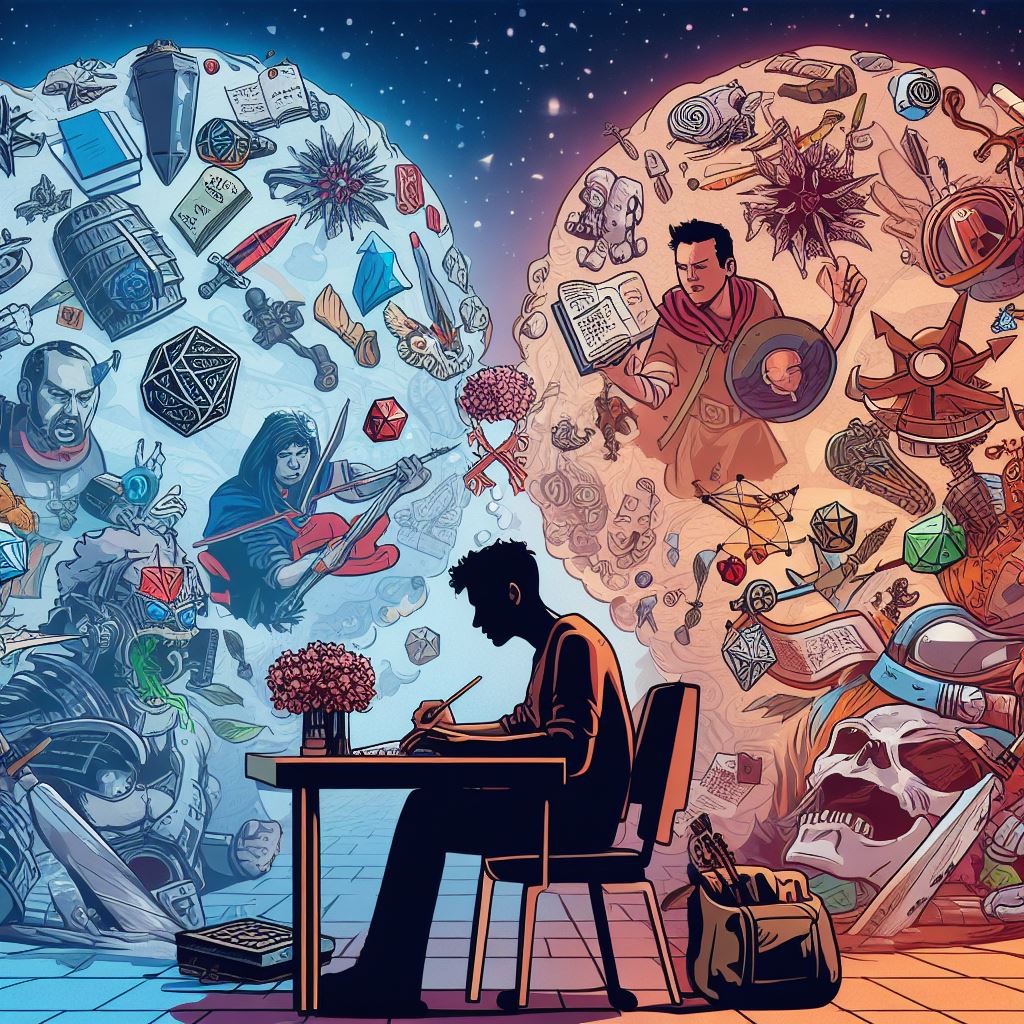
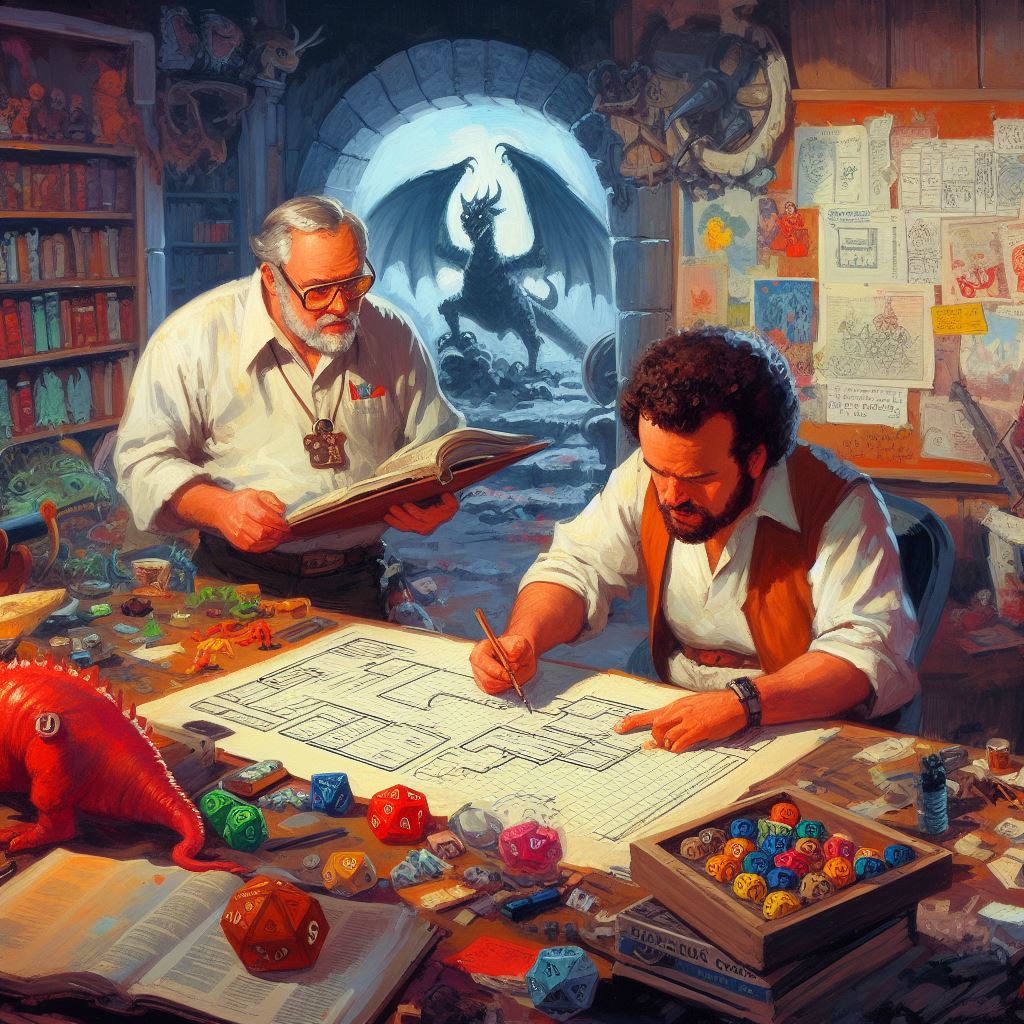
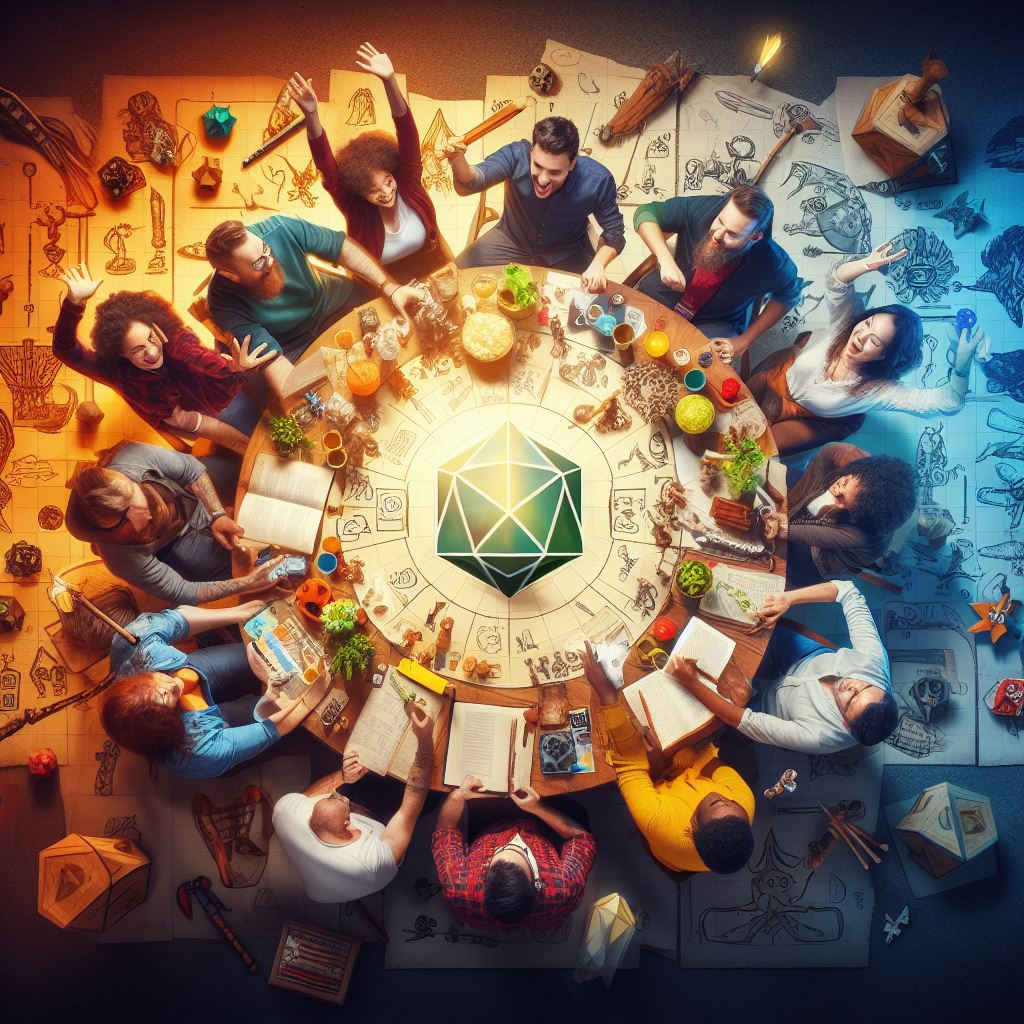
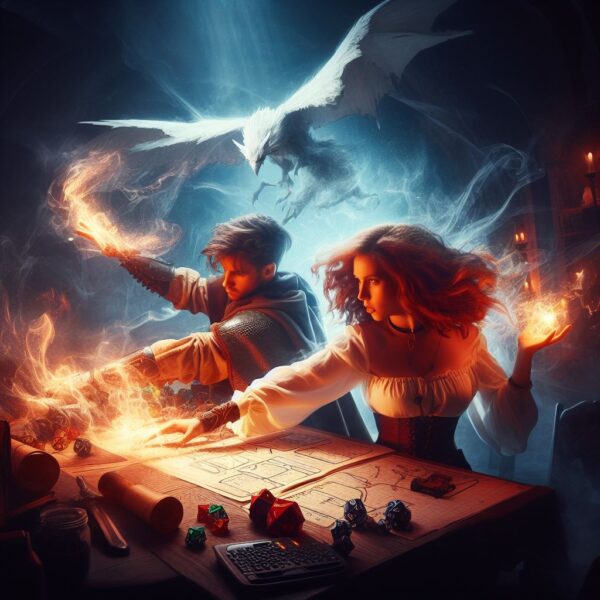
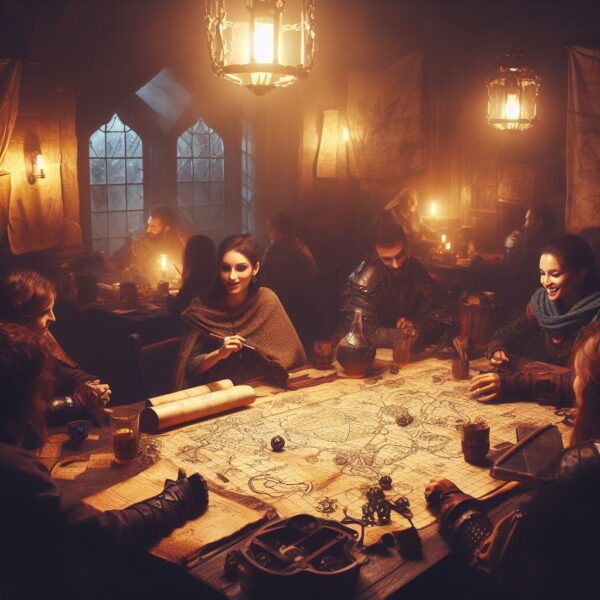
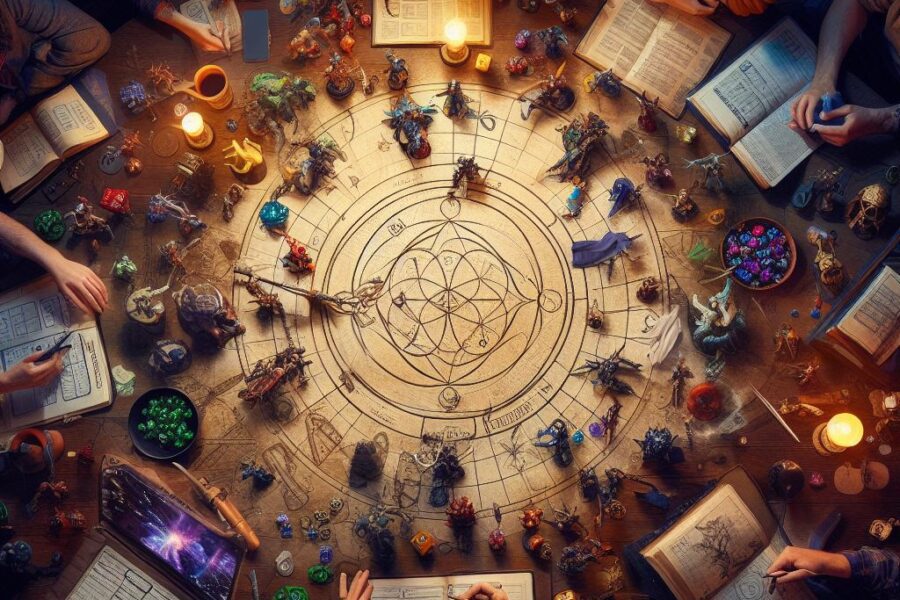
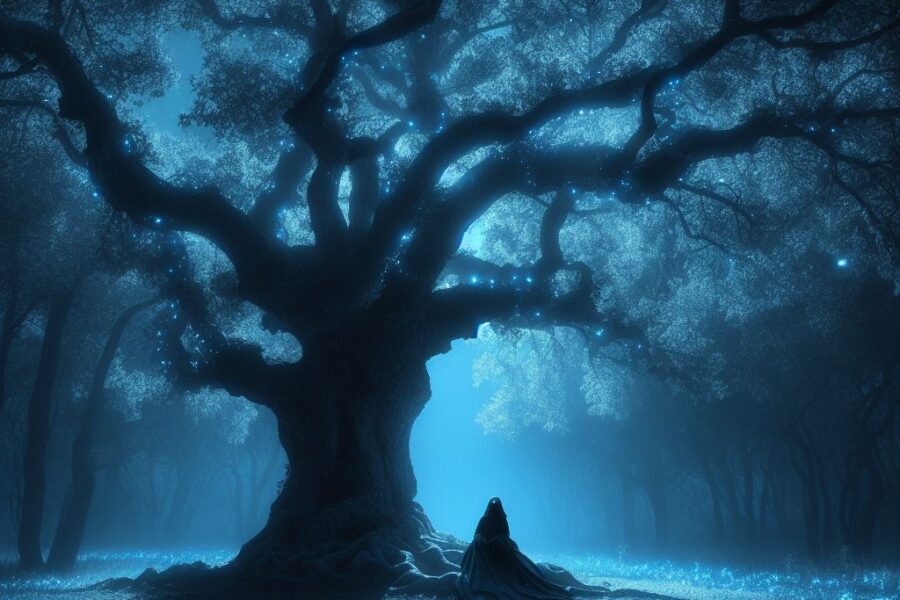
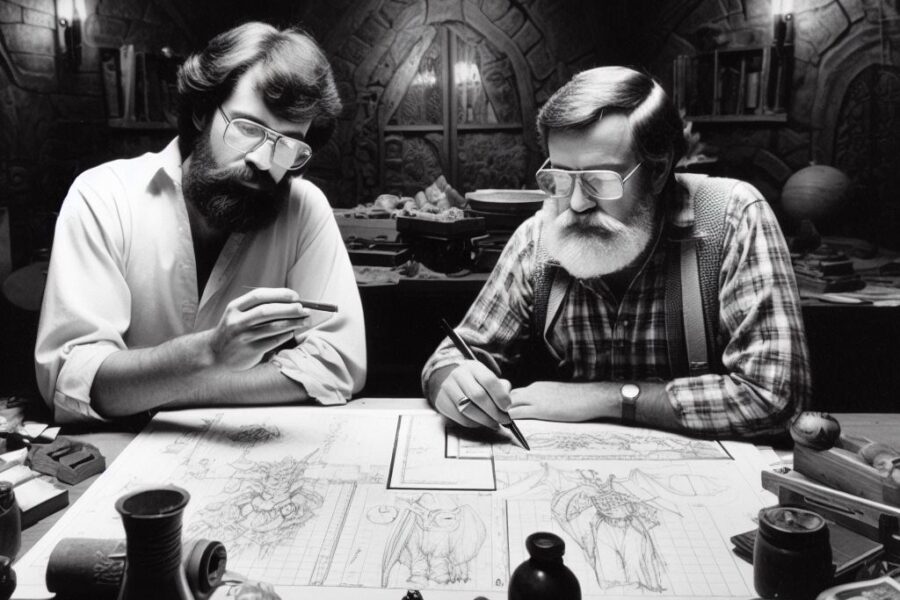
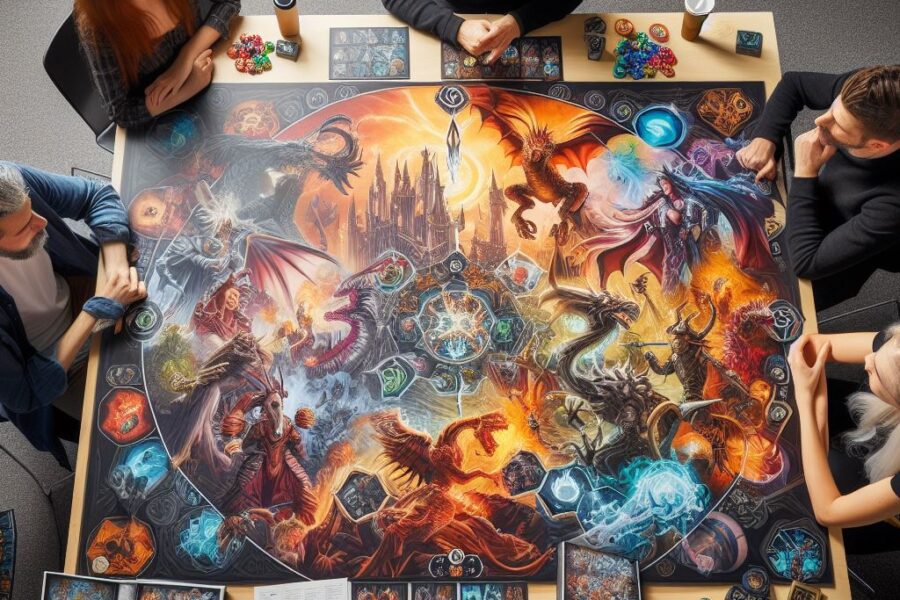
Sign up